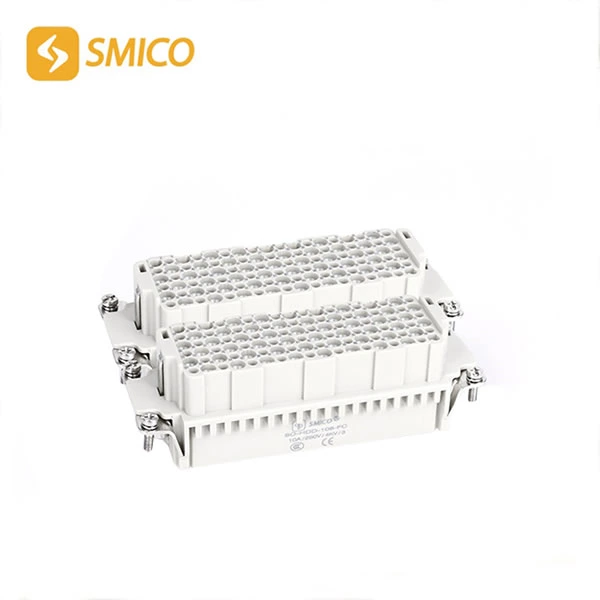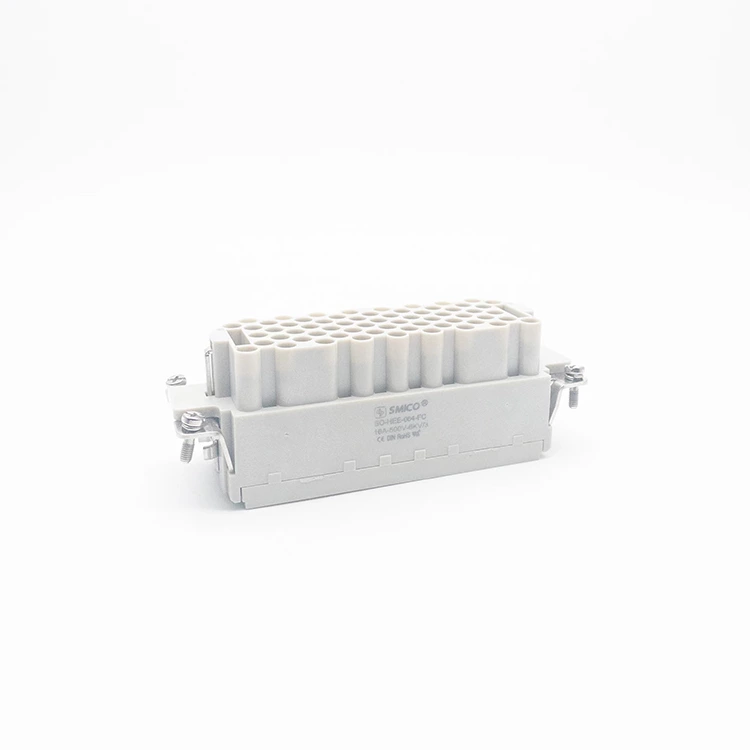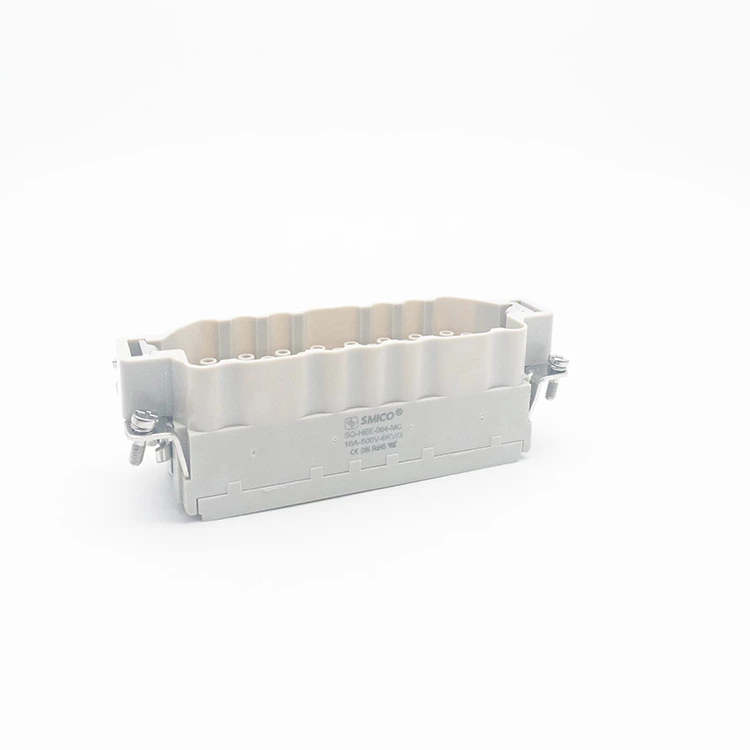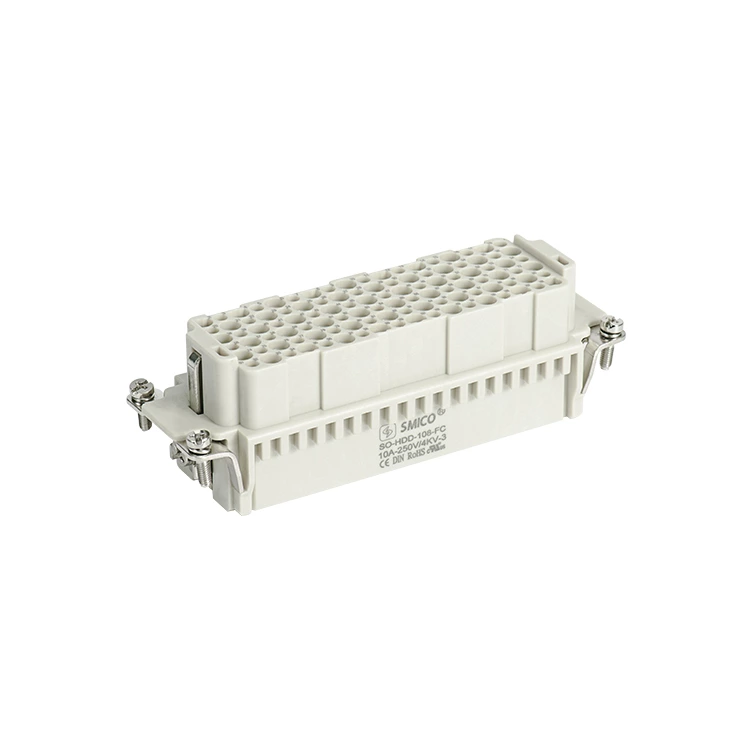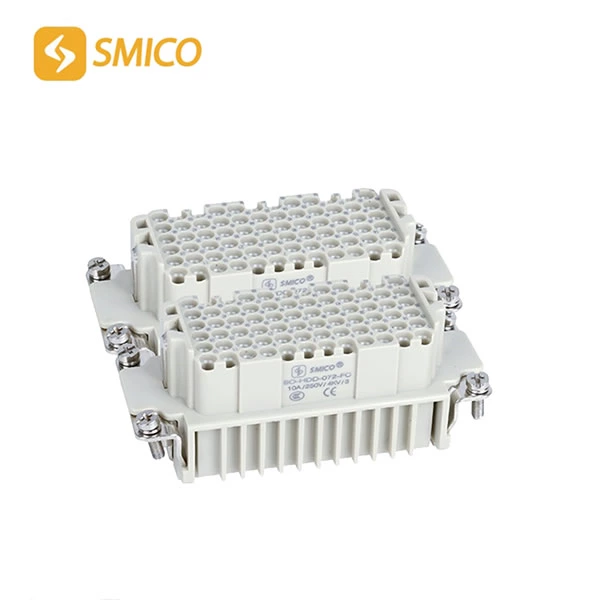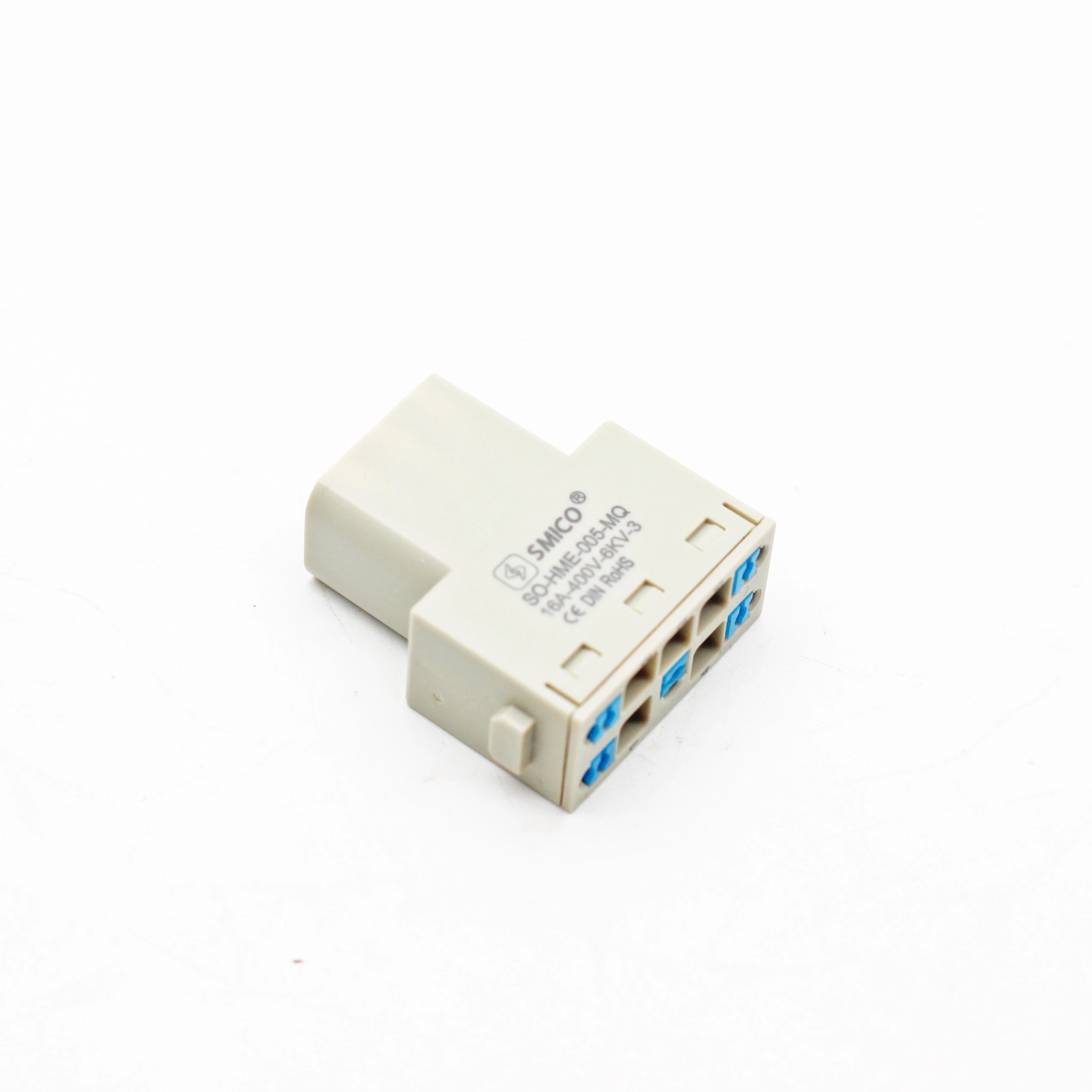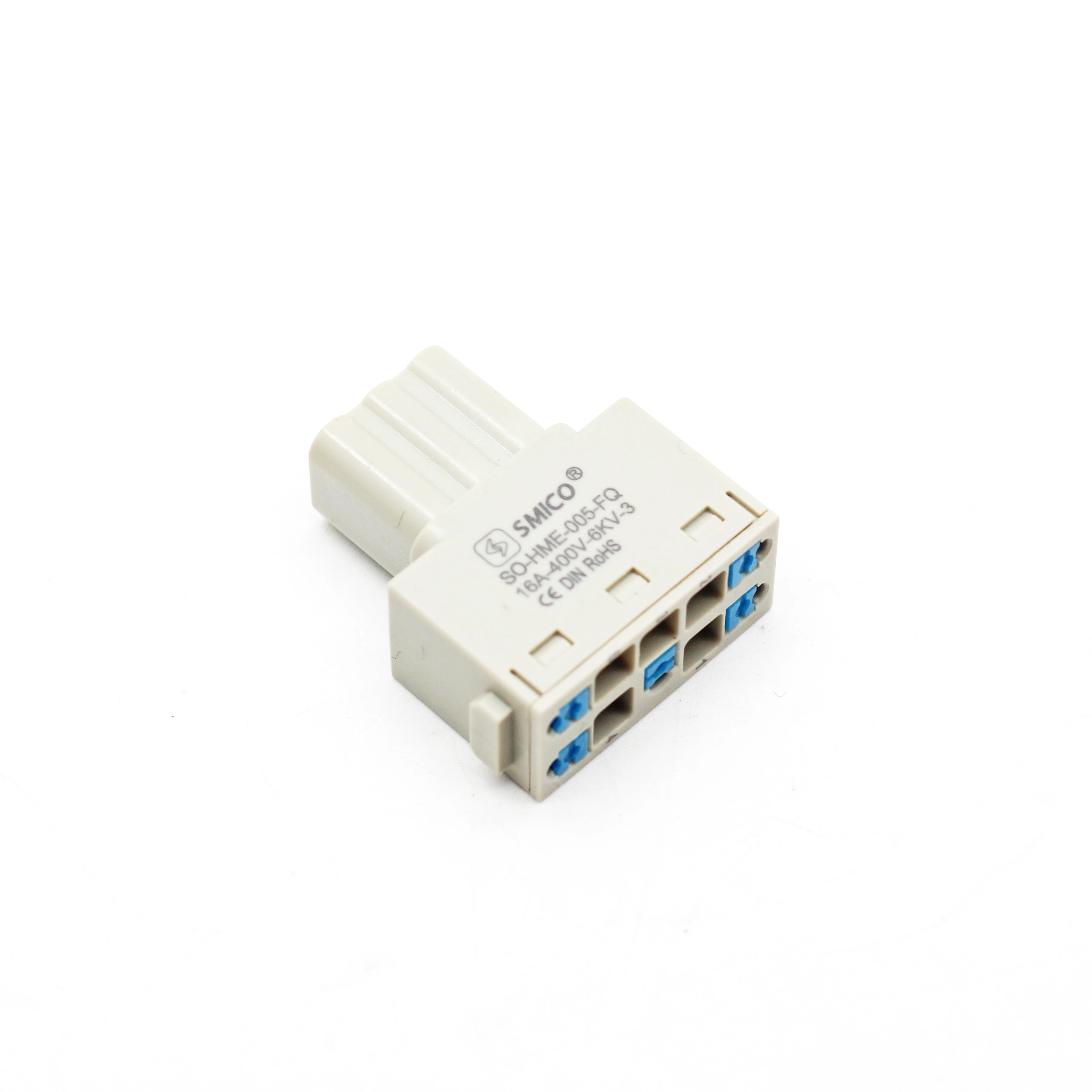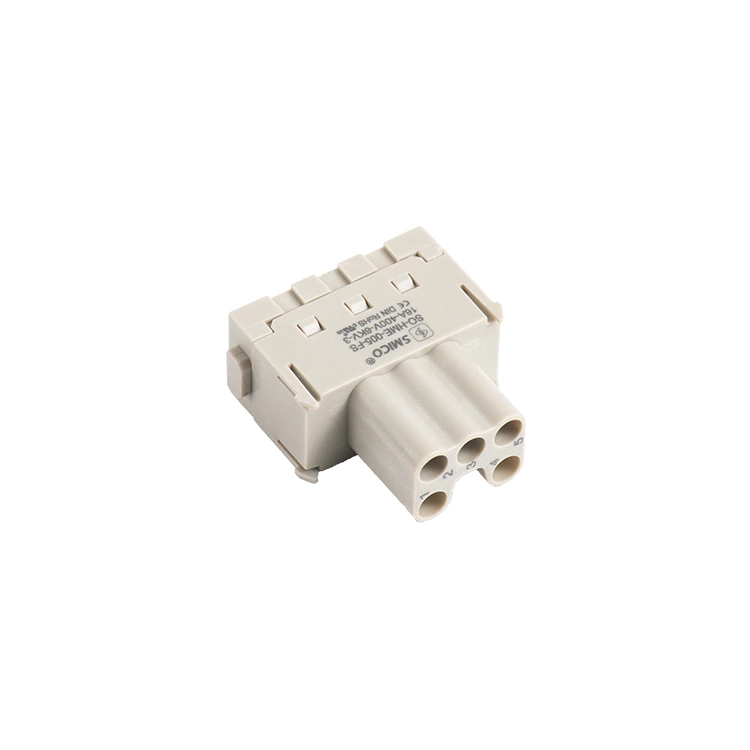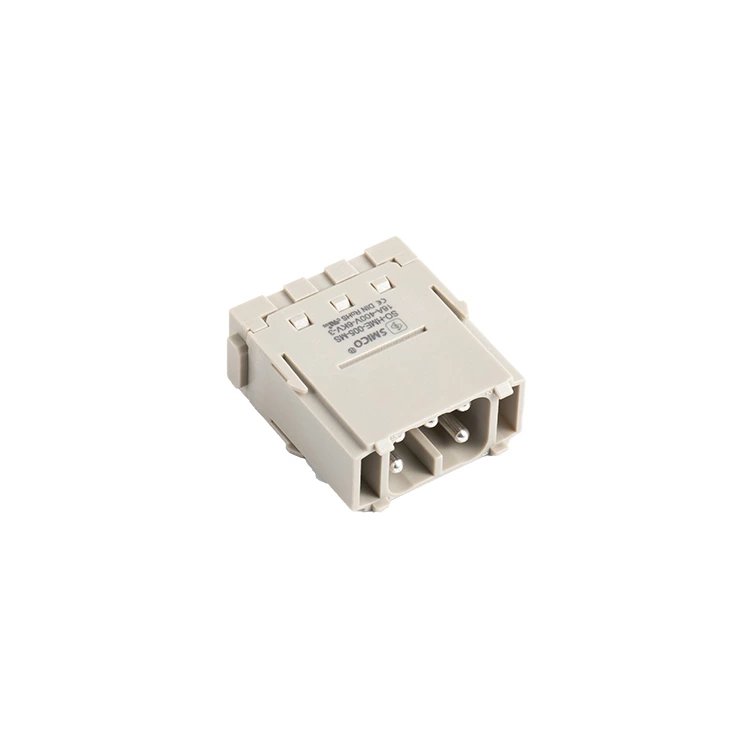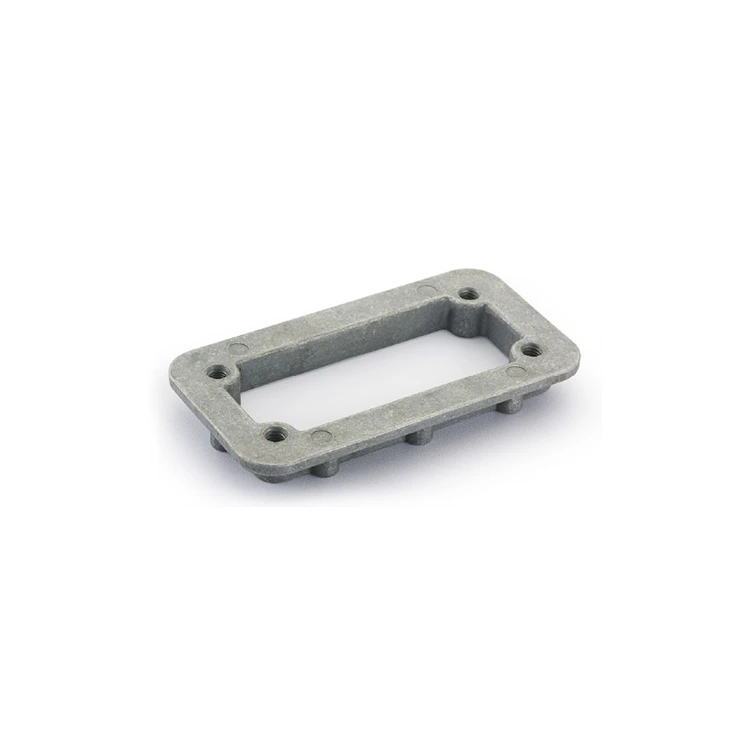Heavy-duty Connector Manufacturers: Invisible Heroes Of Industrial Development
In various fields of modern industry, Heavy Duty Connector, as an important electronic component, plays a vital role. These connectors not only provide reliable connections under high current and high voltage environments, but also ensure the stable operation of the system under harsh environments. Heavy-duty connector manufacturers are the producers and suppliers of these important connectors, and they play the role of invisible heroes in industrial development. This article will discuss in detail the role of heavy-duty connector manufacturers in industry, the challenges they face, and how to meet the growing market demand through innovation.
1. Definition and application of heavy-duty connectors
Heavy-duty connectors, as the name suggests, refer to connectors that can withstand large currents and voltages. They are usually used in power systems, mechanical equipment, transportation, communication facilities and other fields that require extremely high connection reliability. Since these connectors need to operate under high loads and harsh environments, their design and manufacturing standards are extremely strict.
In power systems, heavy-duty connectors are often used in equipment such as generators, transformers, and distribution systems to ensure stable current transmission; in the field of transportation, they are used in transportation vehicles such as railways and electric vehicles to ensure the normal operation of electrical systems; in communication facilities, heavy-duty connectors are used in base stations, satellite equipment, etc. to provide stable signal transmission.
2. Challenges of heavy-duty connector manufacturers
The working environment of heavy-duty connector manufacturers is complex and challenging. First, heavy-duty connectors need to withstand high currents and high voltages, so they have extremely high requirements for their materials and designs. During the production process, it is necessary to select materials that are resistant to high temperatures, corrosion, and wear, while ensuring that the structural design of the connector can effectively dissipate heat to avoid damage caused by overheating.
Secondly, the production equipment of heavy-duty connector manufacturers needs to be continuously upgraded to adapt to increasingly complex production requirements. Advanced production technologies such as automated manufacturing and precision machining technologies have put forward higher requirements for the accuracy and stability of connectors. Manufacturers need to invest a lot of money and technology to update equipment and research and develop technologies to maintain their competitiveness.
In addition, heavy-duty connector manufacturers are also facing fierce market competition. The globalized market requires manufacturers to not only cope with domestic competition, but also compete with international manufacturers. To this end, manufacturers need to continuously improve product quality, reduce production costs, and provide high-quality after-sales service to win market share.
3. Innovation and future development
